AeroGenie — Il tuo copilota intelligente.
Tendenze
Categories
Inside the Air India Flight That Lost Power and Fuel
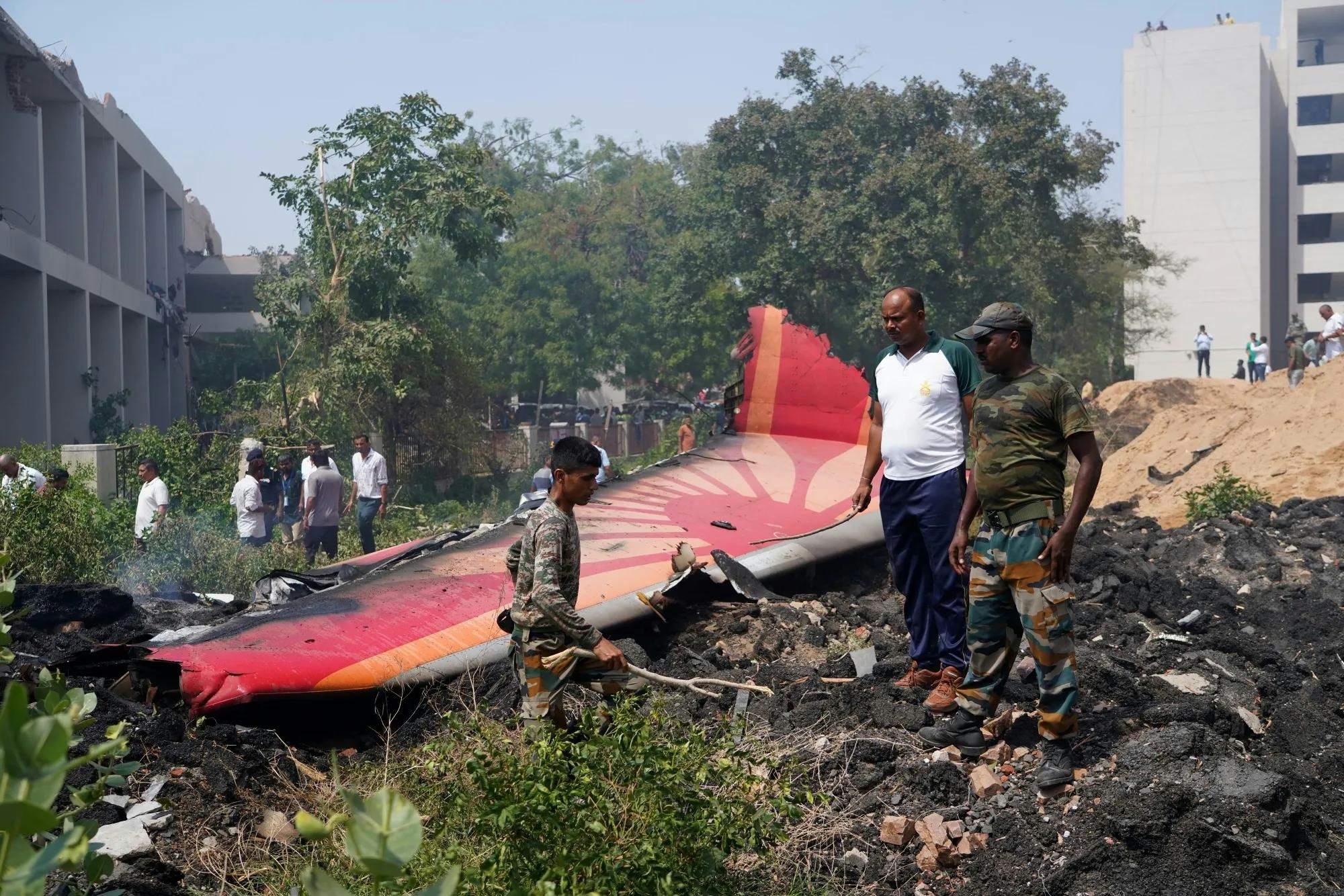
Inside the Air India Flight That Lost Power and Fuel
A recent Air India flight crash has sent shockwaves through the aviation industry after investigators revealed that the aircraft’s fuel supply was intentionally cut off by the pilot shortly before the incident, leading to a catastrophic loss of engine thrust. This unprecedented event is under intense scrutiny and is expected to have significant implications for aviation safety, regulatory oversight, and the already fragile insurance market in India.
Industry Reactions and Regulatory Challenges
The crash has elicited immediate concern from various stakeholders within the aviation sector. Insurers, who have been grappling with persistent losses in recent years, are preparing for substantial repercussions. Experts predict that insurance companies may respond by tightening policy conditions, increasing premiums, and demanding more stringent safety protocols from airlines. Concurrently, competitors and regulatory bodies are likely to intensify their examination of pilot training and operational procedures, as questions mount over how such a critical failure could have occurred.
This tragedy arrives amid growing apprehensions about safety and oversight within the aviation industry. It has reignited debates regarding the adequacy of existing regulatory frameworks and the effectiveness of pilot training programs. Industry analysts caution that unless systemic issues are addressed, similar incidents could erode public confidence in air travel and further destabilize the insurance market.
Broader Implications for Industry and Technology
The Air India crash also underscores the interconnectedness of global industries and the critical importance of robust manufacturing and safety standards. In the context of the United States’ efforts to re-industrialize its technology manufacturing sector, leaders such as Nvidia CEO Jensen Huang have emphasized the value of investing in domestic production and skilled labor. Huang recently highlighted that revitalizing manufacturing is essential not only for economic growth but also for societal stability, noting that the ability to produce goods domestically supports a stable society where individuals can build fulfilling careers without necessarily requiring advanced academic qualifications.
These remarks come amid ongoing U.S. government initiatives aimed at reducing dependence on foreign manufacturing, particularly in strategic sectors like semiconductors. Policies implemented during the Trump administration, including tariffs and incentives for domestic chip production, seek to foster a resilient industrial ecosystem. Huang remarked, “Having a rich ecosystem of industries and manufacturing so that we could, on the one hand, make the United States better but also reduce our dependency—sole dependency—on other countries, is a smart move.”
Simultaneously, the rapid advancement of artificial intelligence continues to transform the workplace, presenting both opportunities and challenges. A recent World Economic Forum survey found that 41% of employers plan to downsize their workforce by 2030 due to automation. Nvidia, a leader in AI technology, has powered data centers for major corporations such as Microsoft, Amazon, and Google. Huang acknowledged that “everybody’s jobs will be affected,” while expressing hope that new opportunities will arise as industries adapt to these technological shifts.
As the aviation sector confronts the aftermath of the Air India crash, the imperative for stringent safety standards, enhanced regulatory oversight, and industry resilience has become increasingly clear. The incident serves as a stark reminder of the vital importance of vigilance and accountability in sectors where human lives and economic stability are deeply intertwined.
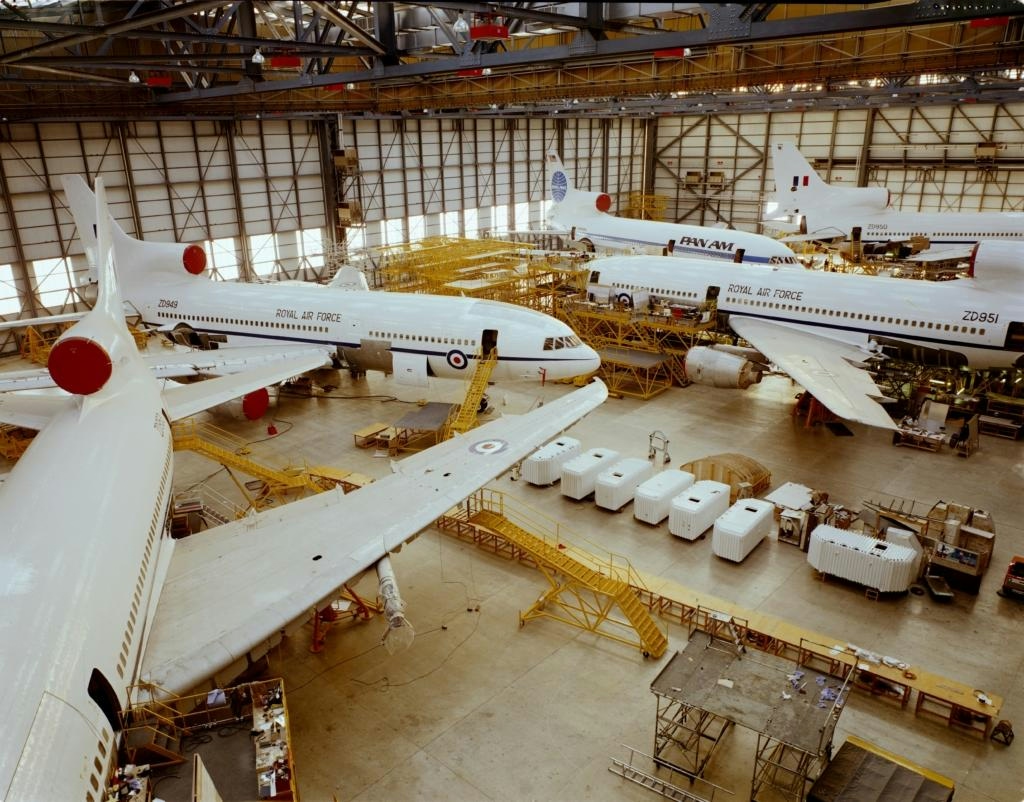
Marshall Aerospace’s 115-Year Evolution from Cars to C-130s

Advancing Sustainable Aviation Goals for 2050

Sabre Introduces New AI-Driven Platform

Photo of the Day: Special Delivery
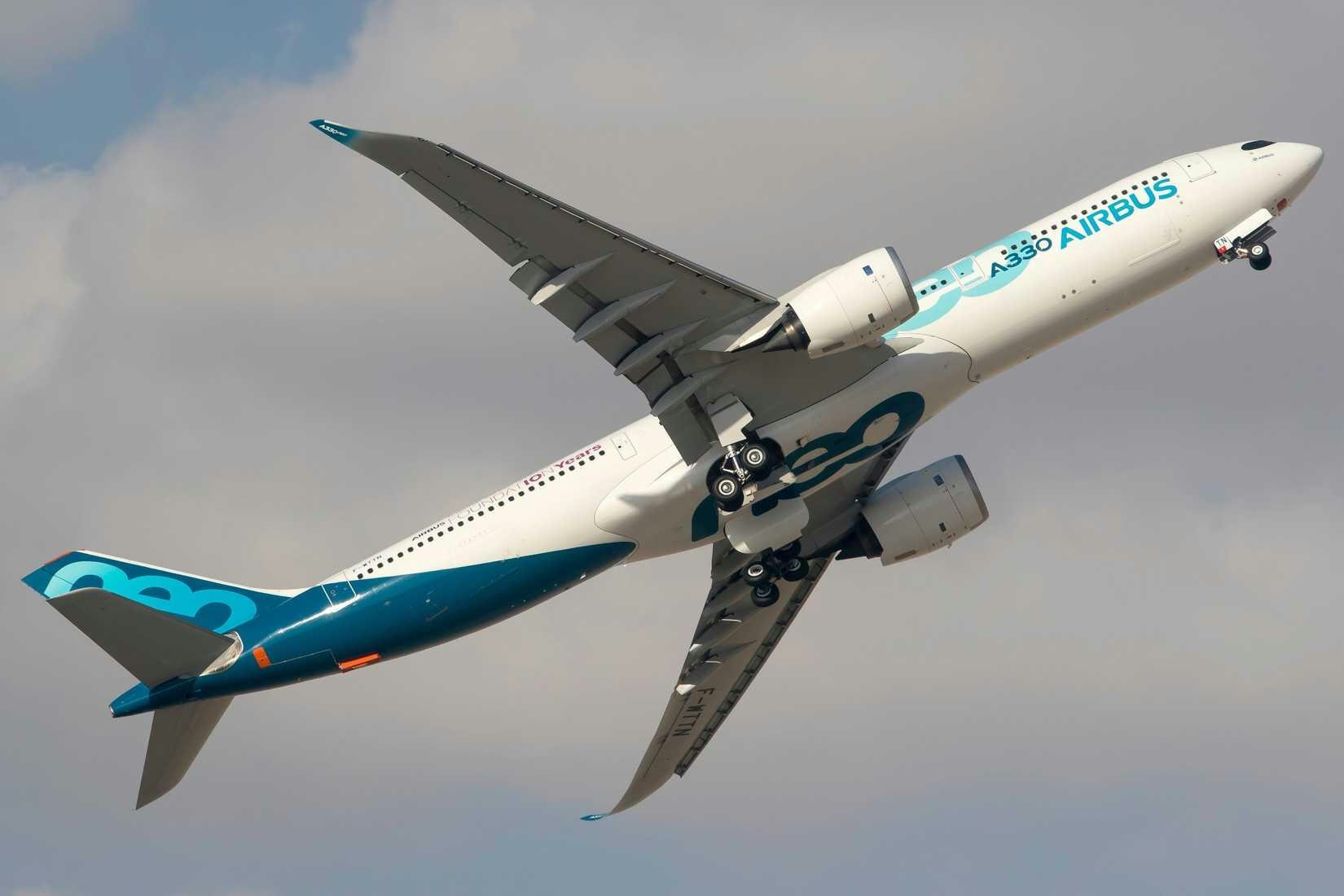
GOL CEO Confirms Possible Arrival of A330neo Widebody Aircraft
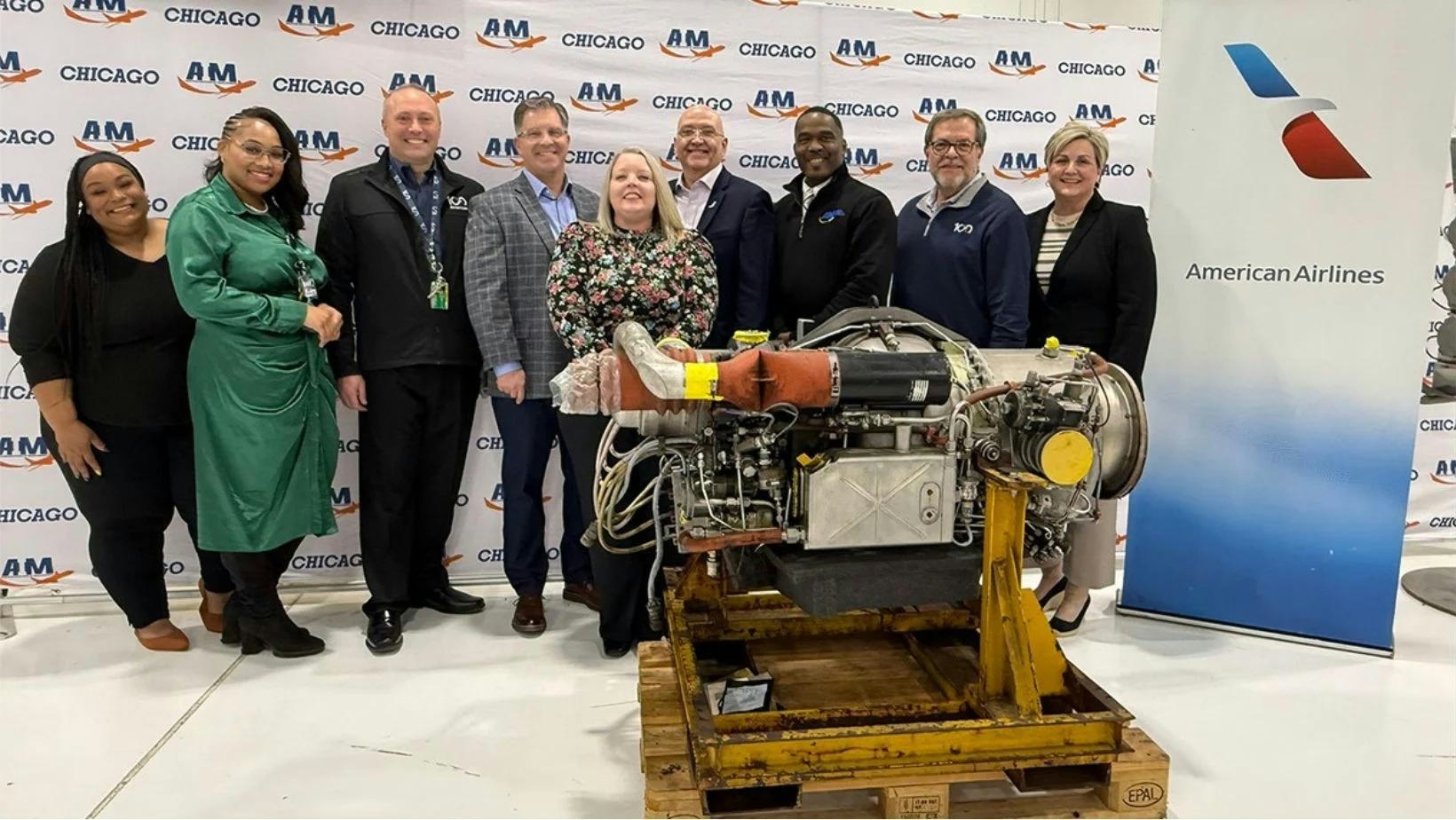
American Airlines donates APU to AIM Chicago for student training
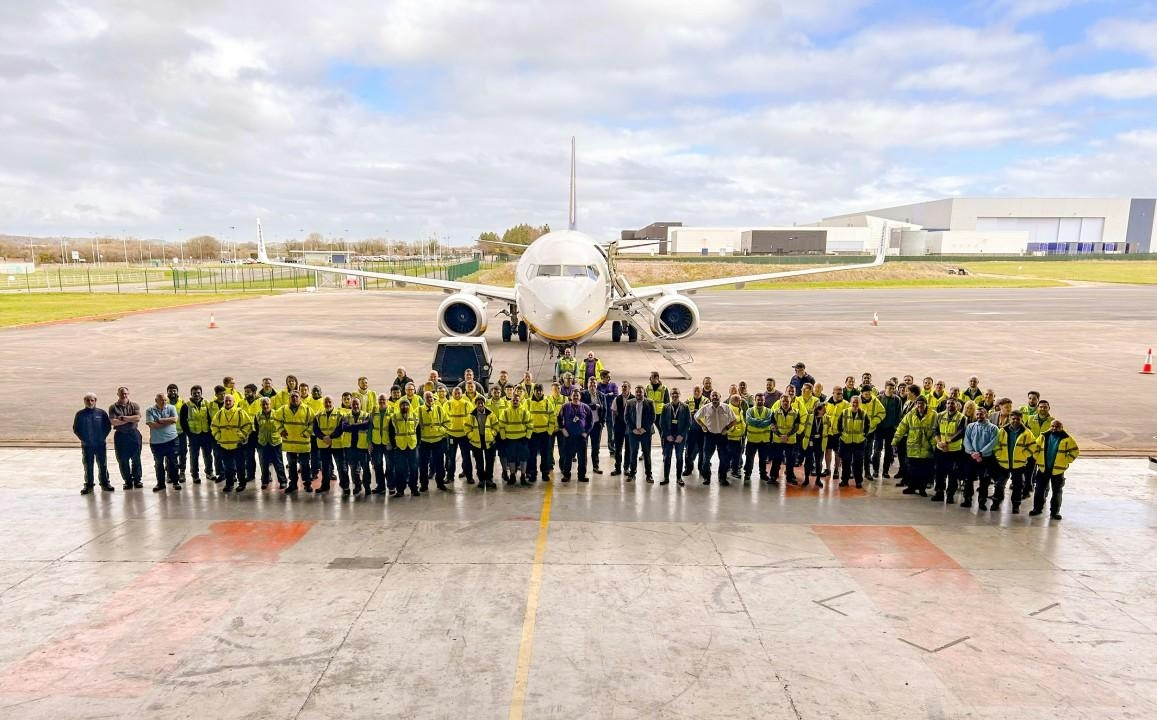
Steer Appointed Base Maintenance Manager at Caerdav
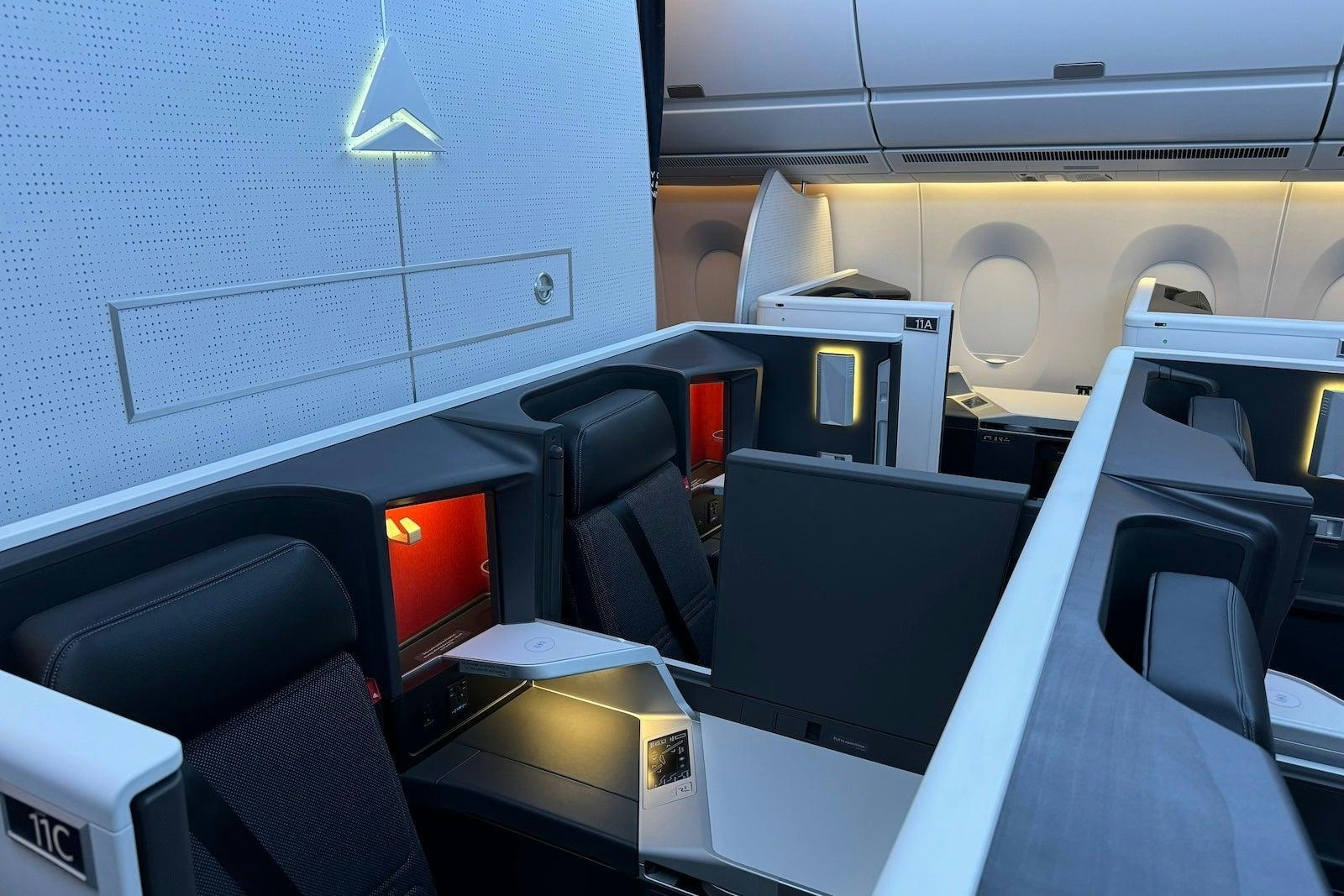
How Airline Technology Is Changing U.S. Domestic Travel in 2026
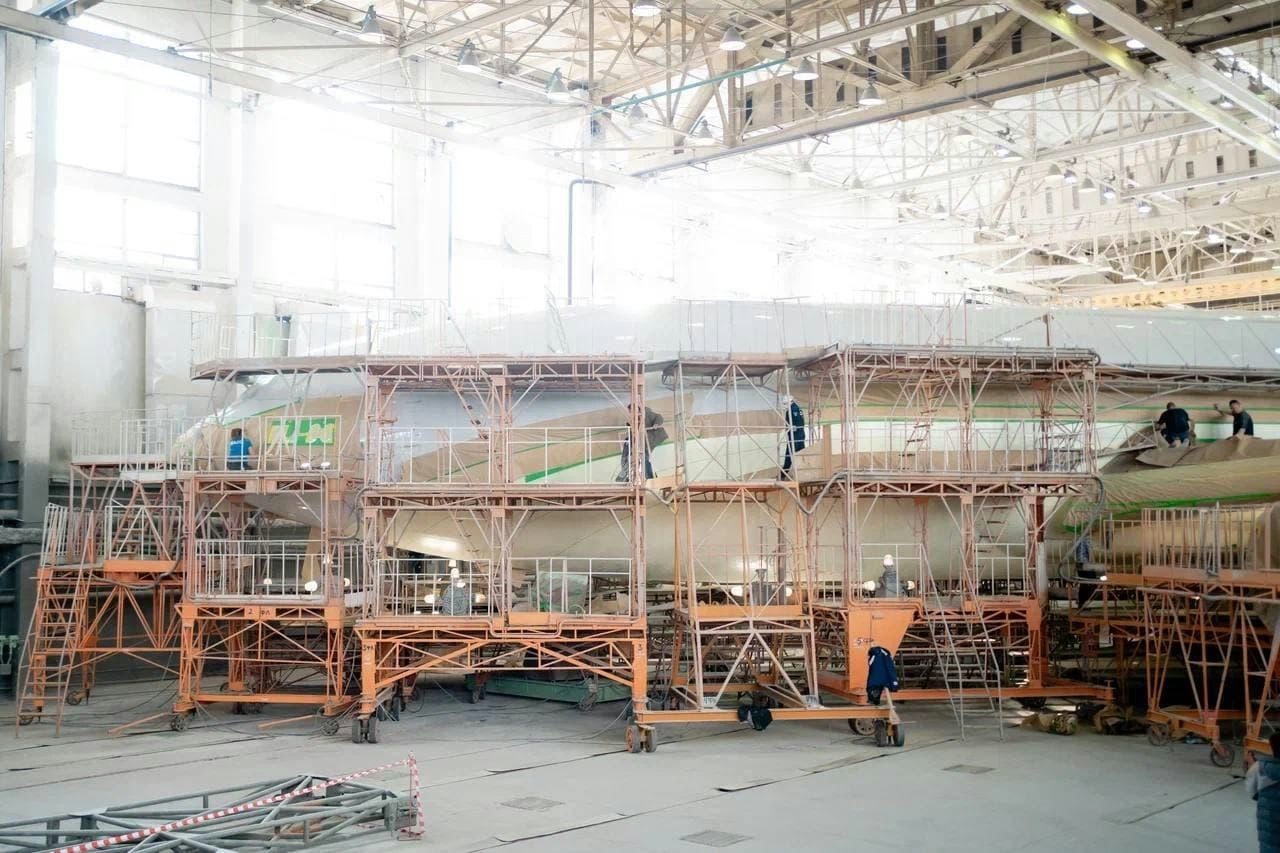
New Il-96 Wide-Body Aircraft Built in Russia; Customer Remains Undisclosed

Japan Airlines Launches JAL Innovation Fund II to Support Technology Ventures
